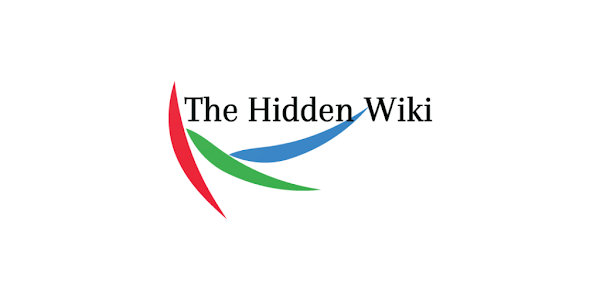In the digital age, where data flows freely and surveillance is an ever-growing concern, two innovations have emerged as symbols of privacy and decentralization: The Hidden Wiki and cryptocurrency. These two elements play a significant role in the architecture of the dark web, attracting users who prioritize anonymity, security, and freedom from centralized oversight.
While they operate in different domains—one as a gateway to hidden websites, the other as a decentralized form of currency—they intersect in fascinating ways, especially in the realm of underground markets and anonymous transactions.
What Is the Hidden Wiki?
The Hidden Wiki is a directory of websites hosted on the Tor network, a privacy-focused portion of the internet often referred to as the dark web. Unlike traditional search engines such as Google or Bing, which index only a fraction of the internet, the Hidden Wiki offers curated links to “.onion” domains—websites that are only accessible through the Tor browser.
These onion sites range from forums and whistleblower platforms to black markets and encrypted email services. Think of the Hidden Wiki as a decentralized Yellow Pages for the dark web. Due to the nature of its content and purpose, it often includes links that are censored, restricted, or simply unavailable on the surface web.
What Is Cryptocurrency?
Cryptocurrency is a form of digital or virtual currency that relies on cryptographic techniques to secure transactions and control the creation of new units. The most popular example is Bitcoin, though there are thousands of other cryptocurrencies like Ethereum, Monero, and Litecoin.
Unlike traditional currencies controlled by governments and central banks, cryptocurrencies operate on decentralized networks based on blockchain technology. This makes them ideal for peer-to-peer transactions, offering high levels of privacy and freedom from institutional regulation.
The Role of Cryptocurrency on the Dark Web
The Hidden Wiki and similar directories often feature links to darknet markets—online marketplaces where users buy and sell goods and services anonymously. Due to the illegal or gray-market nature of some listings (e.g., counterfeit documents, drugs, or hacking tools), traditional payment methods like credit cards or PayPal are not viable. That’s where cryptocurrency comes in.
1. Anonymity and Pseudonymity
Cryptocurrency, particularly privacy coins like Monero and Zcash, provide a level of anonymity unmatched by fiat currencies. Unlike Bitcoin, which records every transaction on a public ledger, Monero obfuscates wallet addresses and transaction details, making it nearly impossible to trace.
This makes cryptocurrencies a preferred medium of exchange for users on the Hidden Wiki who want to maintain privacy and avoid detection.
2. Cross-Border Payments
Cryptocurrencies allow users from any country to transact without intermediaries or currency conversion fees. This is especially valuable in regions with restricted internet access, government surveillance, or unstable banking systems. For people seeking digital freedom, cryptocurrency is a powerful tool.
3. Decentralized Economy
The pairing of Hidden Wiki resources and cryptocurrency supports a kind of underground economy that operates independently of global financial institutions. While this decentralization empowers whistleblowers, journalists, and privacy advocates, it also creates a haven for criminal activity.
Use Cases Beyond Crime
Although the dark web has a reputation for illegal activity, not all uses are nefarious. The Hidden Wiki and cryptocurrency are also instrumental in:
- Supporting free speech in authoritarian countries.
- Circumventing censorship of political content.
- Providing whistleblowing platforms, such as SecureDrop.
- Accepting donations to independent media and activists without government interference.
For instance, during times of political turmoil, many journalists and citizens turn to the dark web to communicate securely. In these scenarios, cryptocurrency becomes a tool for survival—supporting access to information, fundraising, and private communication.
Future Outlook
As privacy concerns and digital surveillance continue to grow, the demand for tools like the Hidden Wiki and cryptocurrency is likely to increase. With the development of better privacy coins and anonymous communication tools, users will have more options to explore the internet securely and discreetly.
However, the balance between privacy and accountability will remain a contentious issue. Regulators are working to integrate cryptocurrency into the traditional financial system through Know Your Customer (KYC) and Anti-Money Laundering (AML) policies, which could impact the utility of crypto on platforms linked via the Hidden Wiki.
Conclusion
The Hidden Wiki and cryptocurrency represent two sides of the same coin—one offering access to a parallel digital universe, the other enabling financial freedom within it. Together, they form the backbone of the dark web’s infrastructure, powering both noble causes and illicit markets.
Understanding how these tools work, their benefits, and their risks is crucial for anyone venturing into the shadows of the internet. While the promise of anonymity and decentralization is enticing, navigating the dark web with cryptocurrency demands caution, awareness, and a strong ethical compass.
